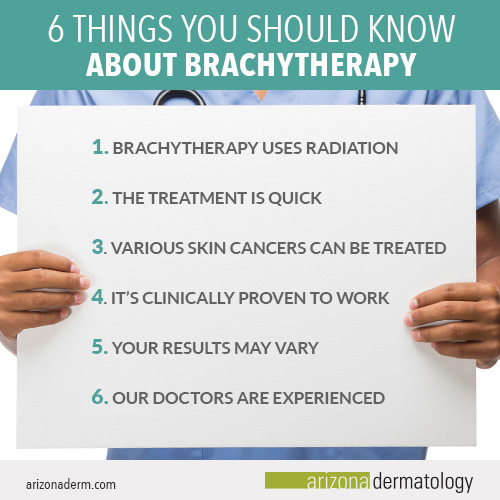Myths And Realities About Acne: Debunking Common Misconceptions
Myths And Realities About Acne: Debunking Common Misconceptions
Blog Article
Web Content By-Melvin Cameron
You might assume that indulging in chocolate or oily foods is the root cause of your acne, however that's simply one of many myths swirling around this common skin problem. As a matter of fact, acne mostly comes from clogged up hair follicles, not your last dessert. Misunderstandings like these can lead you to embrace inadequate skin care methods that might even intensify your scenario. As you browse the realities behind acne, you'll uncover insights that can change your approach to skincare and assist you achieve more clear skin. So, what really exists underneath the surface area?
Common Myths About Acne
When it concerns acne, lots of people rely on typical misconceptions that can lead to confusion and aggravation. One common myth is that consuming chocolate or greasy foods triggers acne. While diet plan can affect skin health, the direct web link between specific foods and acne isn't as precise as lots of think.
Another usual misconception is that you ought to scrub your face intensely to clear up breakouts. Actually, aggressive scrubbing can irritate your skin and aggravate acne.
You may additionally believe that acne only impacts young adults, but adults can experience it also, typically due to hormonal modifications or stress and anxiety. https://www.dazeddigital.com/beauty/head/article/51252/1/lockdown-cosmetic-plastic-surgery-increase-tweakments believe that sun tanning can clear up acne, however sunlight exposure can actually cause skin damage and aggravate breakouts over time.
Lastly, many believe that using rough products will certainly get rid of acne promptly. However, these products can strip your skin of its natural oils, causing raised irritation and more outbreaks.
Scientific Facts Behind Acne
Comprehending the clinical facts behind acne can empower you to tackle this usual skin condition better.
Acne happens when hair follicles become blocked with oil, dead skin cells, and microorganisms. This procedure often starts with an overflow of sebum, the oil your skin normally produces. Hormone modifications, particularly throughout the age of puberty or menstruation, can cause this excess oil.
Microorganisms referred to as Propionibacterium acnes grow in these clogged pores, leading to swelling. When your body immune system responds, it can cause redness and swelling, resulting in those troublesome acnes or cysts.
Genetics likewise contribute; if your parents had acne, you may be much more prone to it.
Diet plan and stress and anxiety levels can affect acne as well, but research study is still advancing in these locations. While indulging in oily foods won't directly create breakouts, a well balanced diet plan can sustain your skin health.
Furthermore, taking care of anxiety can decrease hormone fluctuations that might worsen acne.
Tips for Managing Acne
Managing acne properly requires a mix of day-to-day skin care practices and way of life changes. Start by developing https://cold-lser-therapy66665.worldblogged.com/38189456/the-scientific-research-behind-acne-treatment-how-active-ingredients-function-to-clear-skin . Cleanse your face twice a day with a mild, non-comedogenic cleanser to eliminate dust and excess oil. Avoid rubbing also hard, as this can irritate your skin and intensify acne.
Next off, integrate items containing salicylic acid or benzoyl peroxide to assist stop breakouts. Always follow up with a light-weight, oil-free cream to keep your skin hydrated. Don't forget sun block; select non-comedogenic choices to protect your skin from UV damages without blocking pores.
Past skin care, focus on your diet regimen. botox danger zones and greasy foods, and concentrate on fruits, veggies, and whole grains. Staying hydrated is crucial, so drink a lot of water throughout the day.
Additionally, manage stress via tasks like yoga, meditation, or exercise, as stress can trigger breakouts.
Lastly, stay clear of selecting or popping acnes. This can cause scarring and further swelling. If your acne continues, consult a skin specialist for individualized treatment choices.
Final thought
In conclusion, it's vital to separate fact from fiction when it involves acne. By unmasking usual misconceptions, you can much better comprehend your skin and make educated options for your skin care routine. So, why remain to rely on outdated ideas when the fact can empower you? Embrace much healthier routines, focus on mild cleaning, and remember that managing acne is a trip. With the appropriate understanding, you're one step more detailed to clearer, healthier skin.
